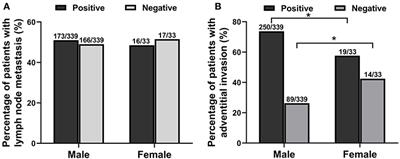EDITORIAL
Published on 06 Apr 2022
Editorial: Role of Sex Steroids and Their Receptor in Cancers
doi 10.3389/fendo.2022.883229
- 1,606 views
- 4 citations
20k
Total downloads
94k
Total views and downloads
EDITORIAL
Published on 06 Apr 2022
MINI REVIEW
Published on 03 Nov 2021

SYSTEMATIC REVIEW
Published on 08 Oct 2021

ORIGINAL RESEARCH
Published on 12 Aug 2021
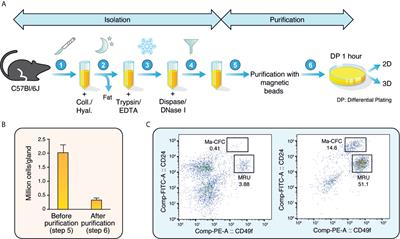
ORIGINAL RESEARCH
Published on 21 Jun 2021
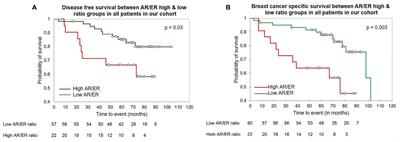
ORIGINAL RESEARCH
Published on 23 Apr 2021
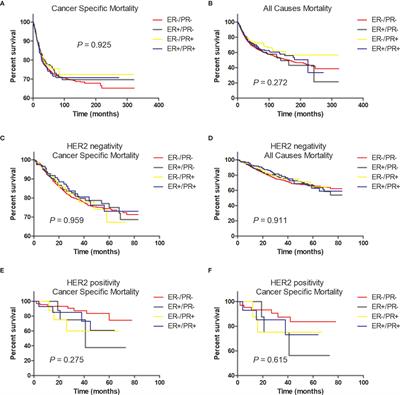
ORIGINAL RESEARCH
Published on 30 Mar 2021
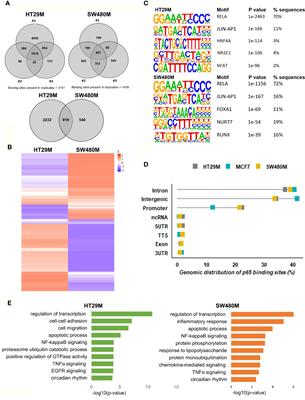
ORIGINAL RESEARCH
Published on 26 Mar 2021
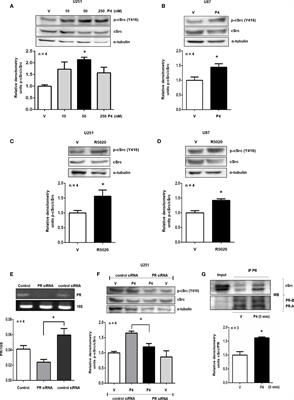
MINI REVIEW
Published on 31 Jul 2020
ORIGINAL RESEARCH
Published on 22 Jul 2020
